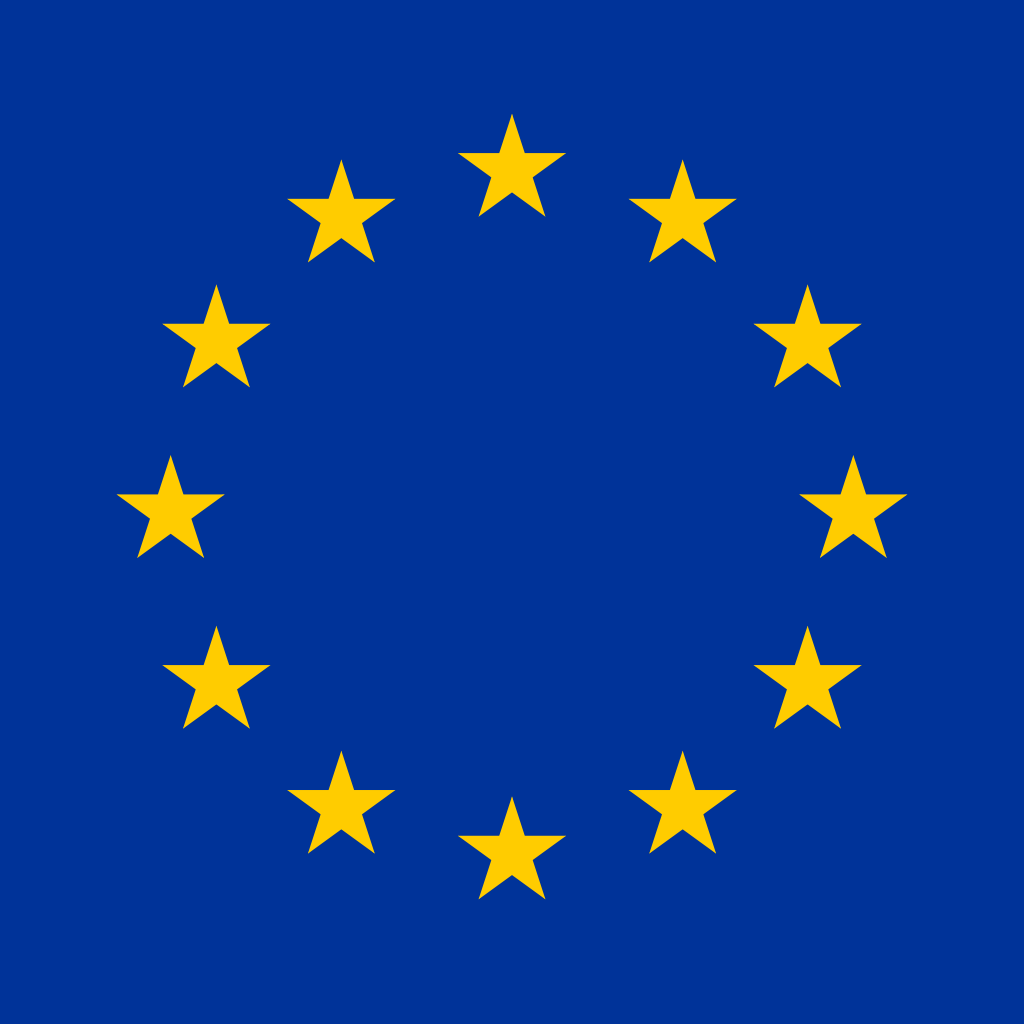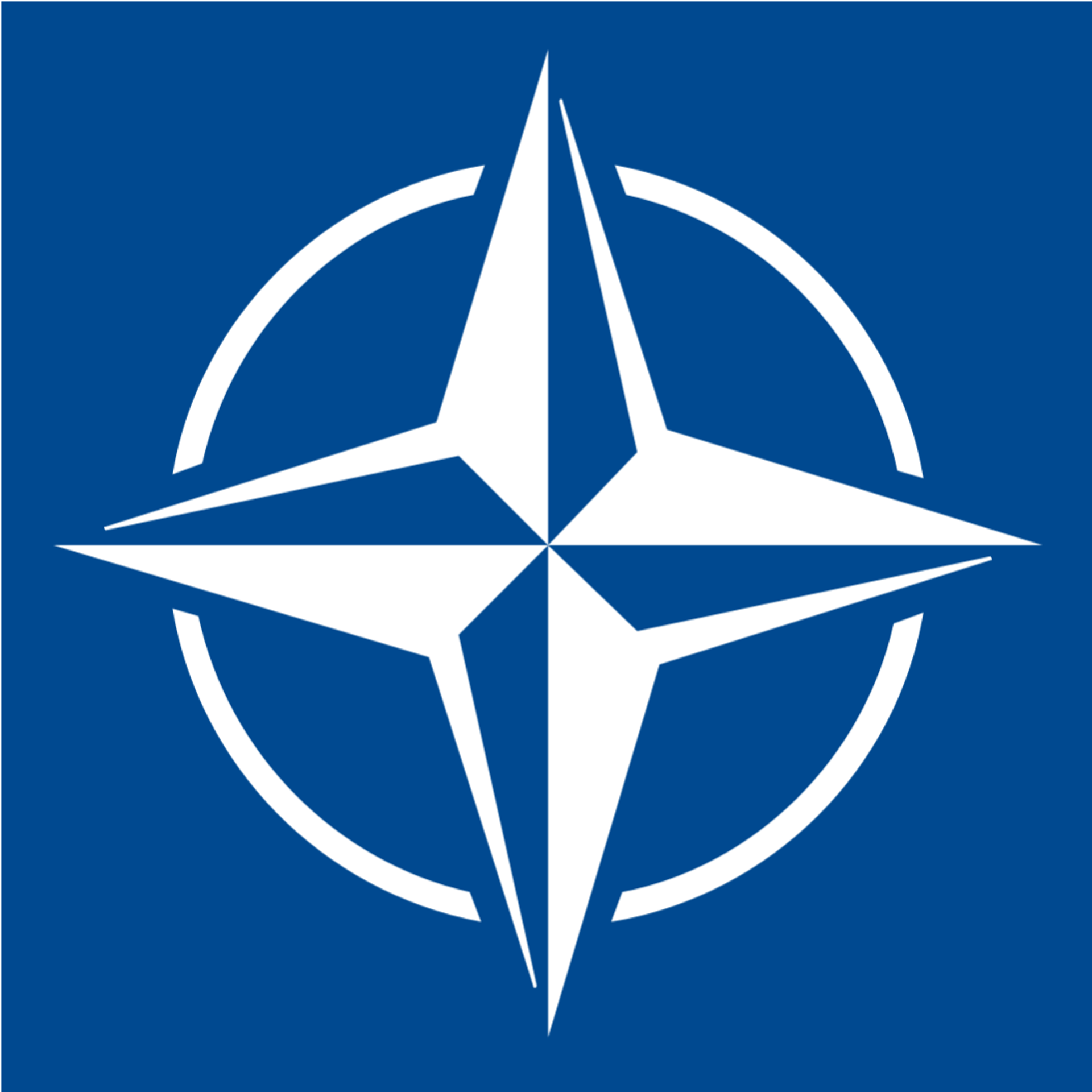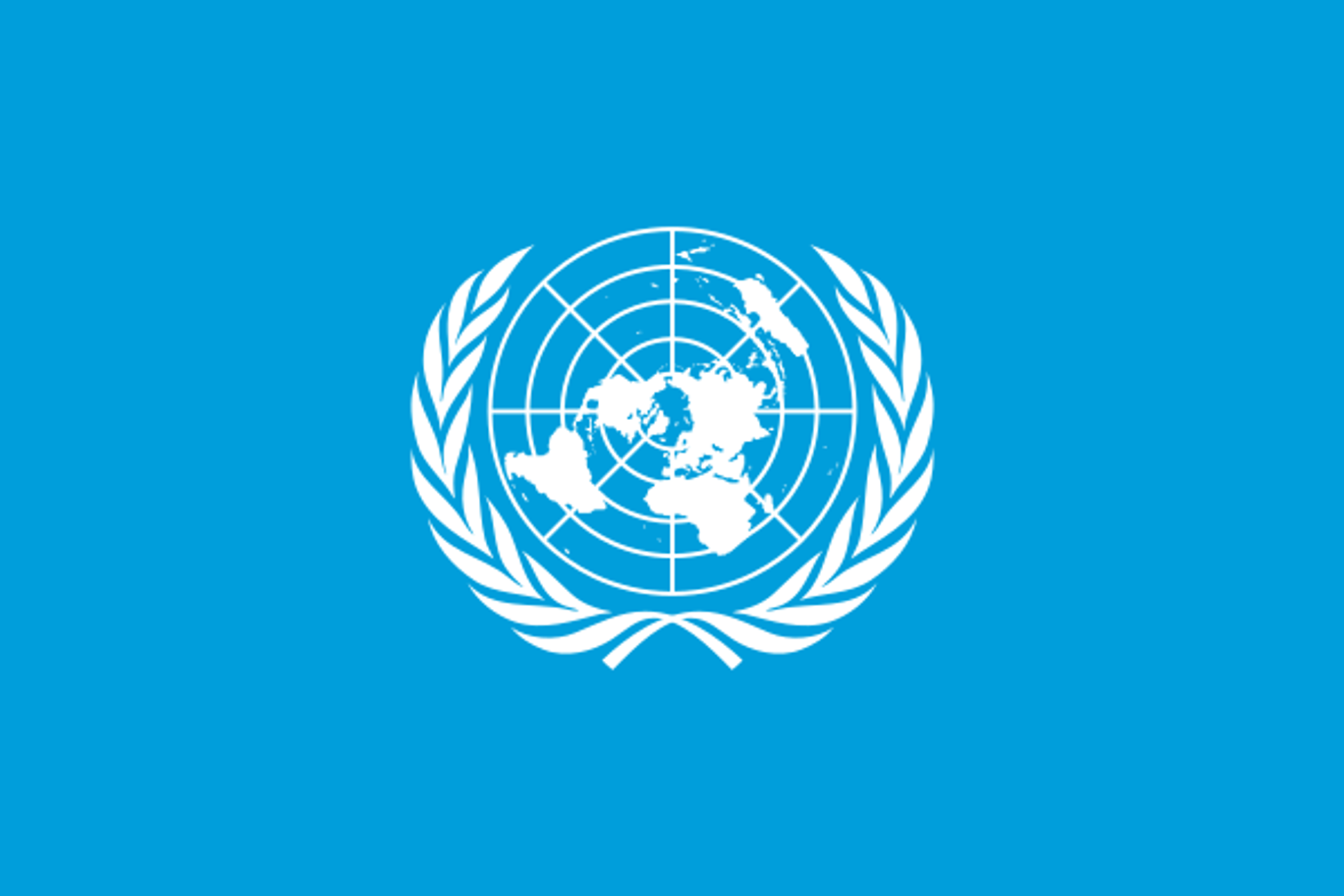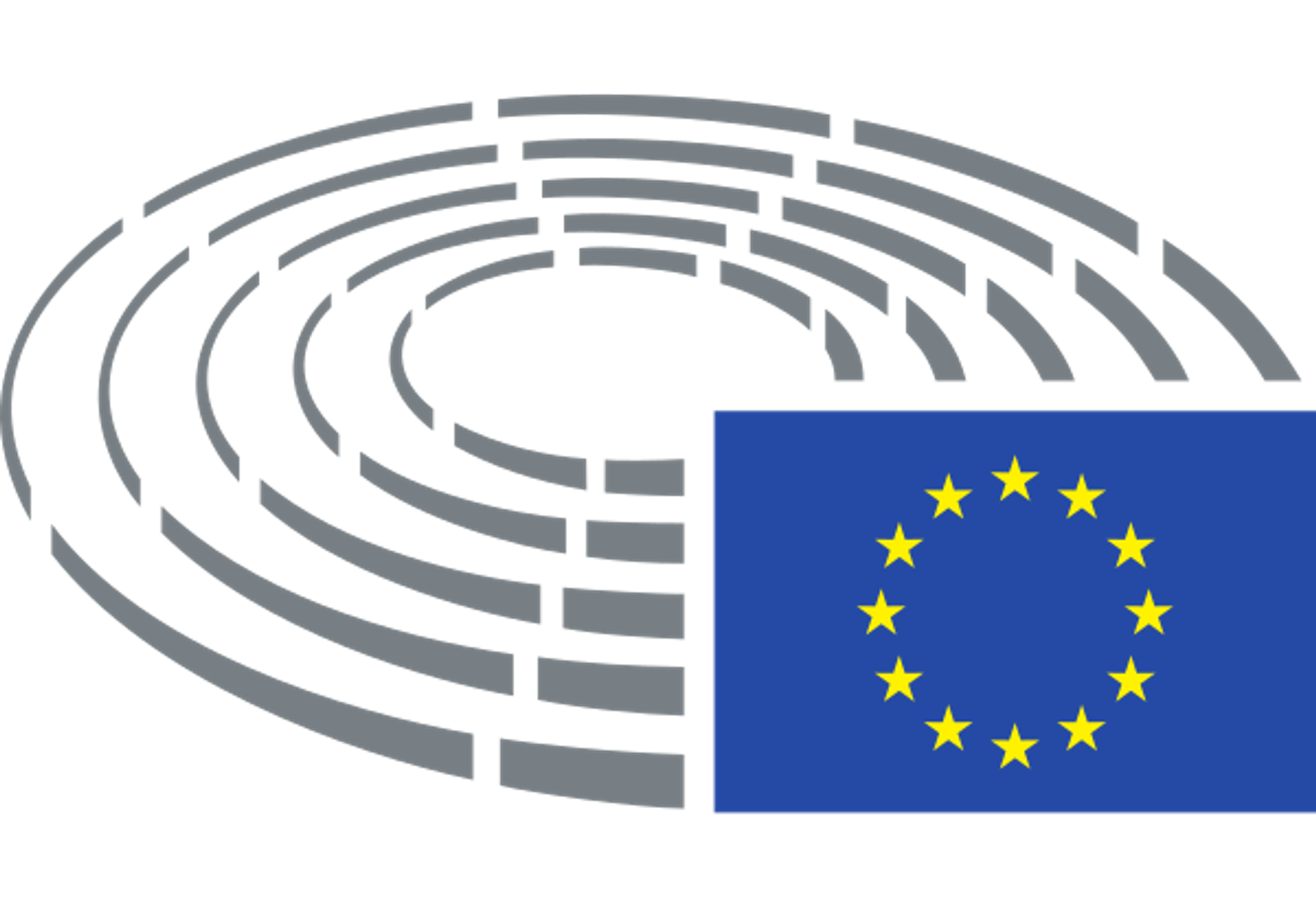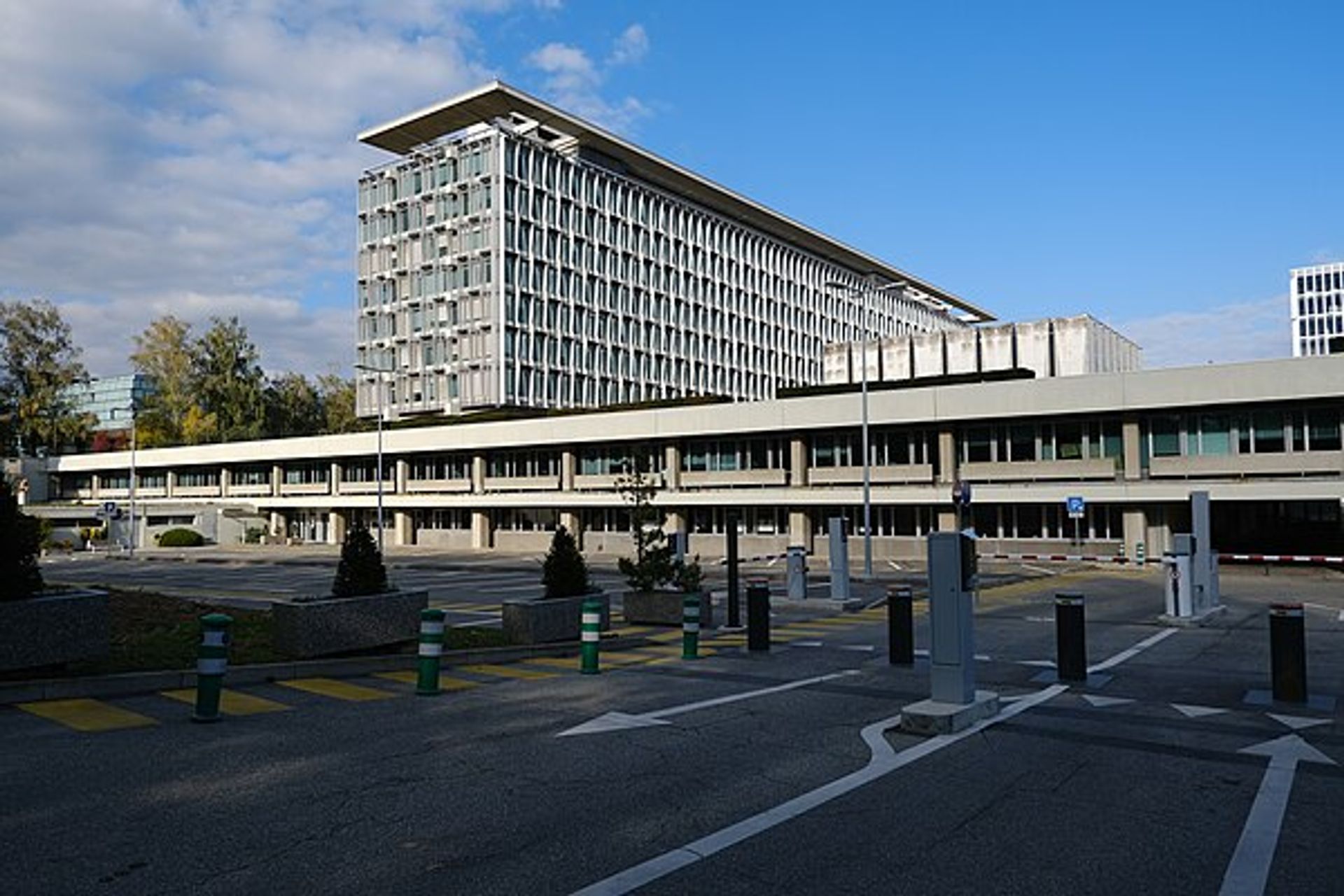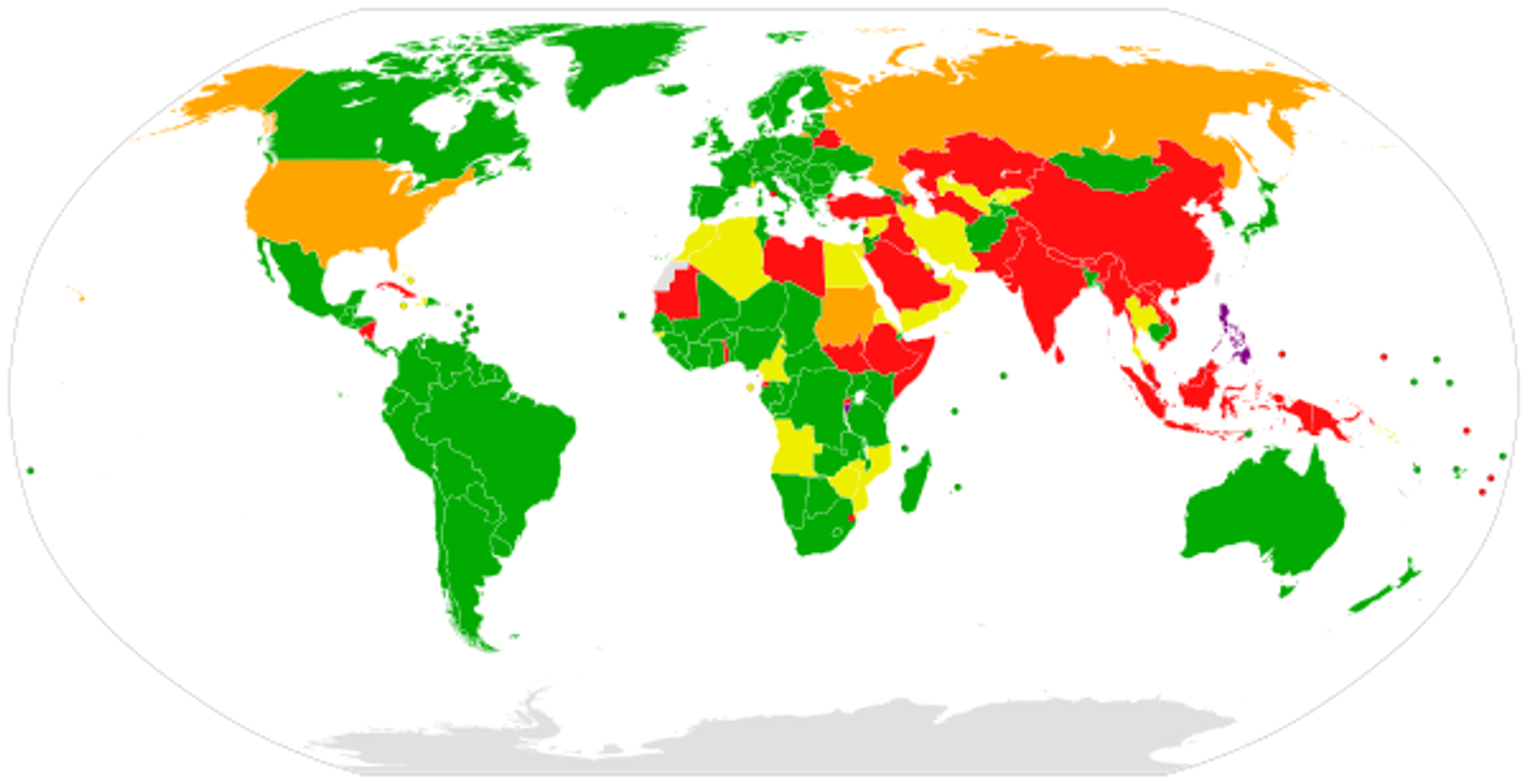
International Criminal Court
What do people say about International Criminal Court?
In Denmark, the International Criminal Court is seen as an institution plagued by accusations of inefficiency and partiality. Many critics argue that its efforts to prosecute war crimes and crimes against humanity are undermined by political influences and a lack of enforcement power. Moreover, there is a growing sentiment that the ICC's focus on certain regions while neglecting others contributes to a perception of bias. This could diminish the court's authority and effectiveness even further, as Denmark's legal community and civil society express frustration with its limited achievements.
Where are the conversations happening?
In Denmark, critical discussions about the ICC often arise in legal circles and among human rights advocates, with sources such as national news outlets and academic publications highlighting the court's shortcomings. These sources typically focus on the ICC's failure to act decisively in high-profile cases and its perceived bias towards certain countries. Notable Danish publications have raised concerns about the court's dependency on state cooperation and the implications this has for justice, which further fuels negative perceptions.
What are the topics trending around International Criminal Court?
Discussions about international justice, accountability for war crimes, and the effectiveness of international treaties are becoming increasingly relevant in Denmark, especially in light of recent global conflicts.
Why are these topics trending?
The trending topics near the ICC reflect a growing concern for the effectiveness of international legal mechanisms in addressing war crimes and ensuring accountability, with Denmark's legal and political discourse increasingly scrutinizing the ICC's role in these matters.
How is International Criminal Court being talked about?
Detailed breakdown of public sentiment and conversations about this entity.
Impact vs Sentiment
See how each entity's high impact percentage relates to their positive sentiment percentage from actual mentions.

